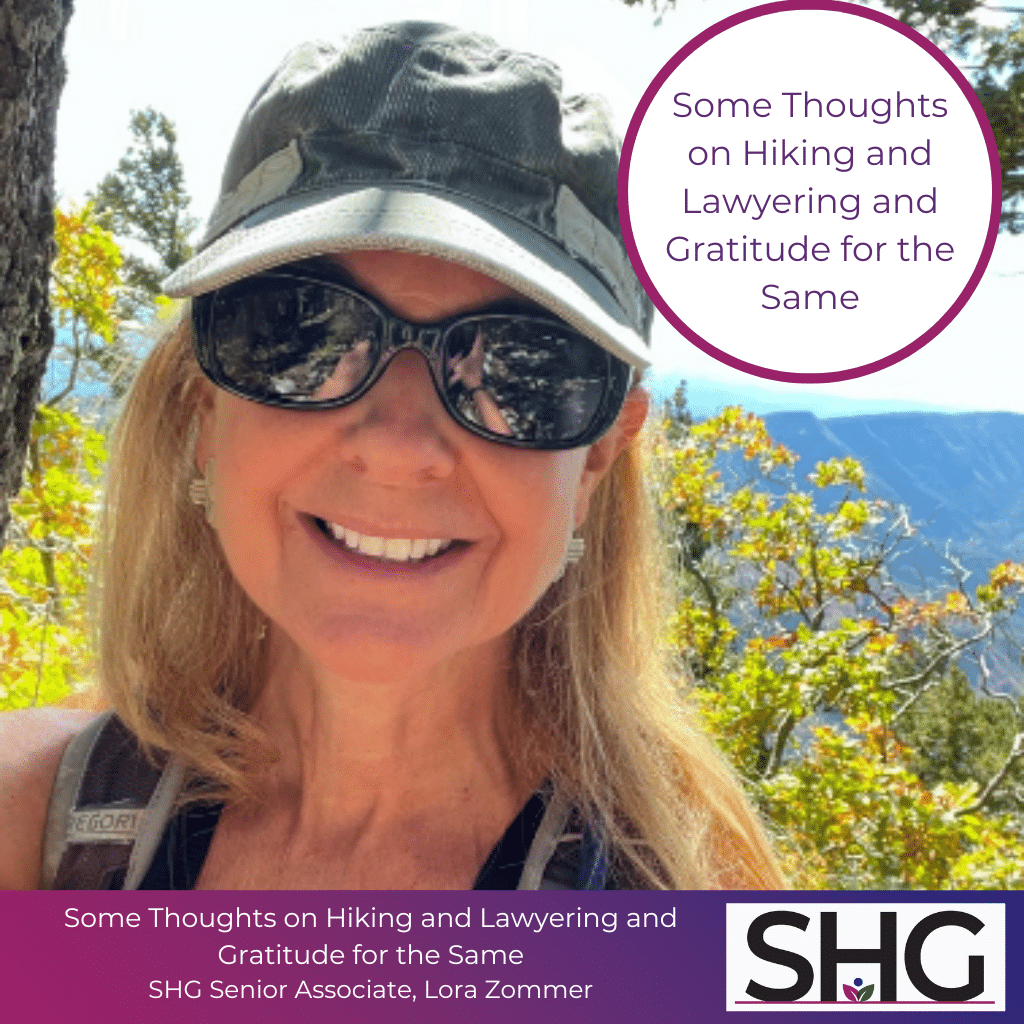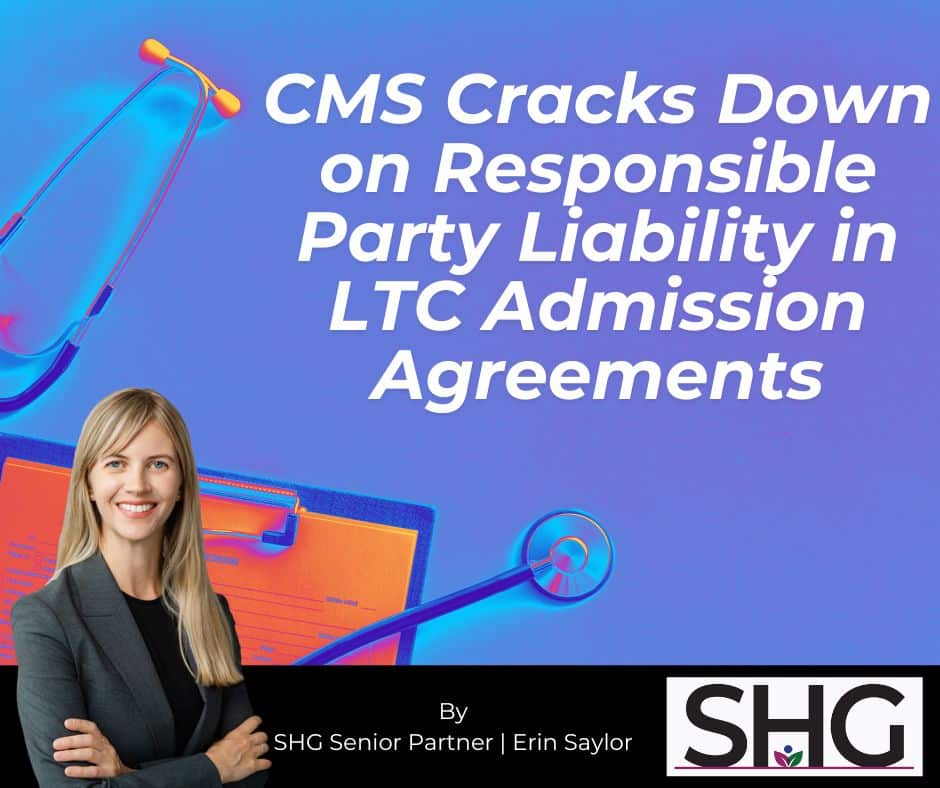Last September I was on a Sandia Mountain hike with a friend who had not hiked this, or any other, mountain in over a decade. Because I like this person and did not want him to collapse in a place where mountain rescues are tricky, I let him lead so he could set the pace. Nearly five miles in (by which I mean “up”; in case I wasn’t clear, we were hiking up the mountain), we reached a point where what had clearly been a trail gave way to what could better be described as a big pile of rocks. My friend, who was not familiar with this trail, stopped in his tracks and after several silent moments said, “I don’t know what this means.”
Having hiked this trail many times I saw the path through the pile of rocks, so I took the lead from that point forward. As we hiked on, I thought about my friend’s comment, considered his being faced with a pile of rocks and wondering what it meant, and was struck, not for the first time, by how very differently people are wired. Even if I had not been familiar with this trail, and there was a time I was not, I would not have wondered, “What does this mean?” Instead, I would have wondered, “What do I do?” or more specifically, “How do I get from here to there?” – “there” being the top of the mountain or, more immediately, the other side of the pile of rocks. Rather than searching for meaning or understanding, I generally know where I want to go, and I remain focused on how best to get there.
This past September I had a very different hiking experience on the same mountain. A friend who is an accomplished hiker visited for a weekend on her way to Arizona to hike the northern 100 miles of the Arizona Trail. Because she had a challenging hike ahead, she wanted to take it easy, so we drove to the top of the mountain and hiked along the crest and down some not very steep trails with very beautiful views. While hiking along, my friend had many questions including, but not limited to, “Why is one side of the mountain rocky while the other is forested?” and “What was the purpose of the stone cabin built on the top of the mountain by the Kiwanis back in 1930?” While I am interested in the answers to these questions, I am not so interested that I have taken the time to track them down, so in response to my friend’s questions I repeatedly encouraged her to “Google it”. As we hiked along, I was happy to feel the breeze and breathe the pine, and didn’t really care how this mountain came to be or what the Kiwanis were thinking back in 1930 when they took it upon themselves to build a stone cabin on the top of the mountain. Again, I was struck by how very differently people are wired.
I was struck by this realization many times during law school where I was a non-traditional student, meaning I did not roll from an undergraduate degree in political science into law school having wanted to be an attorney since forever. I rolled from an undergraduate degree in music (flute performance) and a graduate degree in ethnomusicology (yes, that really is a thing; I am not making it up) into a career in eldercare (because I had always loved old people and needed a job). Twenty-five years later, after one too many 2:00 a.m. phone calls from a staff person calling to report one crisis or another, I decided to quit my job and go to law school in hopes that I could turn my love for old people into a new career where, with any luck, the phone would not ring at 2:00 a.m.
In law school I observed the same distinctions I noticed with my hiking friends. There were some students like me who were focused on getting from here (law school) to there (a career) and there were others who were clearly motivated by a thirst for meaning and understanding. Those students were deeply interested in the study of law in ways I was not. While I was interested, especially in classes related to my career to come, I had not entered law school because I was fascinated with The Law but because I wanted to help old people, preferably in a way that would not involve ringing phones at 2:00 a.m.
Alongside classmates who were clearly fascinated with The Law and had been for all or most of their lives, it was obvious that we were wired differently and that, as a result, they had skills and gifts that I lacked. They dove into legal research more confidently, crafted and articulated arguments more cleverly, and responded to professors who practiced the Socratic method with great composure. In truth, I find climbing mountains easier, and more pleasant, than any of these activities. Had I been younger when I entered law school these distinctions may have led me down paths of insecurity and envy. Instead, I was able to appreciate the distinctions, to learn from my differently wired classmates, and to turn to them for help when I was struggling in an area where they excelled.
Through a series of miracles, I graduated law school, passed the bar, and, five years ago, was led to Stotler Hayes Group, a firm that represents healthcare facilities like the ones I once worked for. While the attorneys in the firm work from home offices in the states where we are licensed, we come together every Tuesday for a virtual firm-wide meeting to discuss challenging cases and share practice management tips. Within a few weeks of attending these meetings I began to recognize the colleagues who, like my hiking friends and law school classmates, were wired differently from me, and to appreciate the distinctions.
As an example, this past June, through some news feed or another, I learned that the Supreme Court had struck down Chevron v. Natural Resources Defense Council. The case name rang a bell to me. I recalled it had something to do with administrative agencies. I wondered if it might impact my healthcare facility clients and the work I do on their behalf. There, however, the wondering ended, because while I did, in fact, care to know the answers to these questions, I knew, without a doubt, that some of my firm colleagues cared A LOT. I suspected they were conducting research, considering the implications of this decision, assessing any impact it might have on our healthcare facility clients and would speak to this during our Tuesday firm-wide meeting, which is exactly what happened. Chevron came up during the meeting and I breathed a sigh of relief accompanied by a prayer of gratitude for my colleagues who are wired in ways I am not.
The time I did not spend considering the implications of Chevron was spent, instead, simply working which is what I am wired to do. My work primarily involves securing Medicaid benefits and the appointment of Guardians for incapacitated nursing facility residents in and around Albuquerque and, at that time, I had many new cases. Given my past professional life, I appreciate the challenges our clients face. I know they must take action to obtain legal agents for residents who need them, and I know that getting paid for the care and services they provide allows them to continue providing care and services. I also feel for the residents involved in these cases, all of whom remind me of residents I have known and cared for. These cases are challenging for all involved, and if I sometimes fear I care too little about the deeper legal questions, I hope I make up for it in the care I show our clients and, in turn, their residents by helping them get from here to there – “there” being a better set of circumstances than the ones that existed at the time the case was referred to our firm.
This past September, during an in-person firm-wide retreat, after I had begun writing this article and thinking these thoughts, my colleagues and I were divided into groups and given the results of character assessments we had taken previously. I had not seen my results in a while and had not had the opportunity to review colleagues’ results. During this exercise I learned that the thinking style associated with one of the colleagues I had pegged as a deep thinker during our Tuesday firm-wide meetings was “Scholar”. The assessment tool described a scholar as someone who seeks knowledge and learns for learning’s sake, someone who is naturally curious and thrives on intellectual challenges. I was not surprised that the word “Scholar” appeared nowhere on my assessment. Instead, my thinking style is “Researcher”, someone who solves problems in a controlled, calculated, and organized way which, to my ears, sounds like someone who thinks in order to find the best way to get from here to there – “there” being whatever lies beyond the problem.
Perhaps because it is November, a month when we consider those things for which we are thankful with greater intentionality, I am feeling especially grateful for many things including, but not limited to:
- An impulsive career change that turned out well
- A profession that accommodates all sorts of thinkers
- A firm that appreciates how I am wired
- Colleagues who are wired differently
- Friends to hike with
- Mountains to climb

Attorney Lora Zommer hiking the Sandia Crest Trail on October 11. 2014. Taking a day off from lawyering, she hiked the trail from north to south, 24.7 miles, all in one day.






